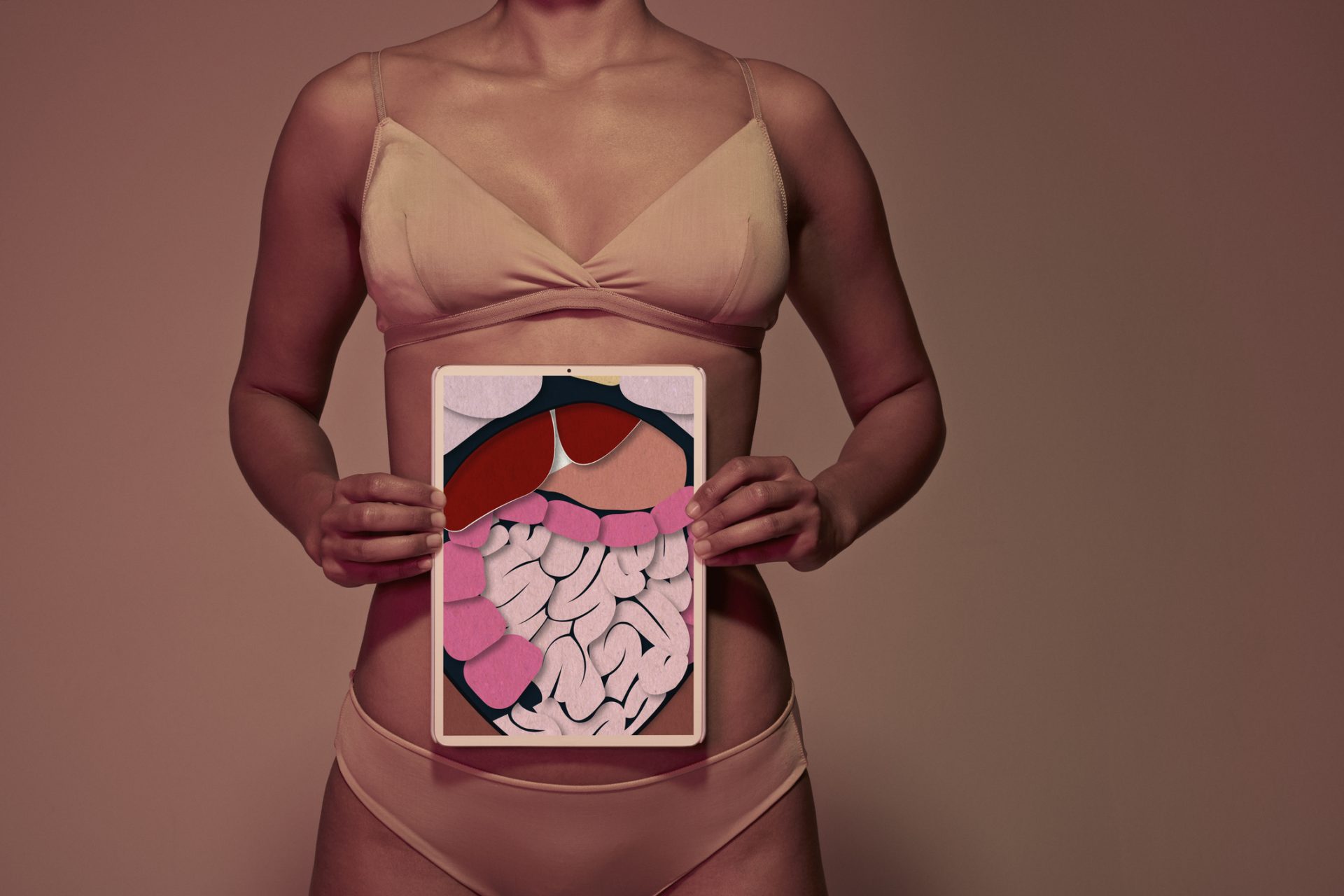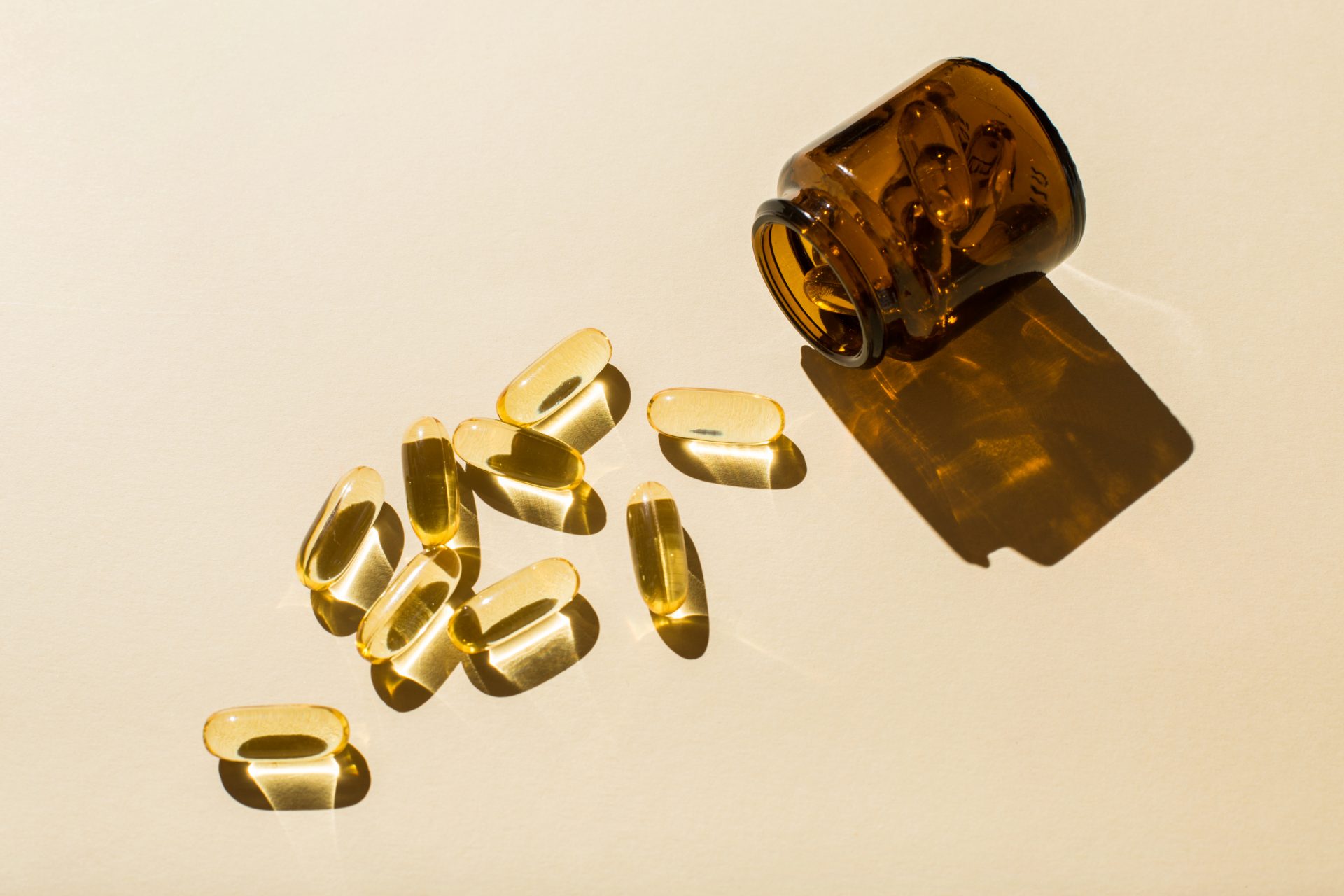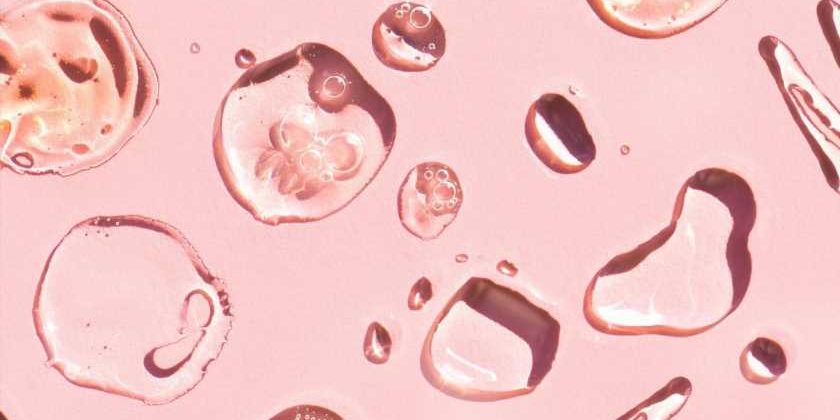Brittle nails? Limp hair? Pale skin? Before you reach for the expensive supplements, it’s worth taking a look at what your gut’s saying…
Many of us are low-key obsessed with the state of our hair, skin and nails. It makes sense – they’re hyper-visible. If your hair feels damaged, your skin erupts or your nails start to flake, it can have a massive knock on your confidence. Aesthetics aside, we also know that if our hair and nails don’t feel strong, it’s probably a sign that something internally isn’t working optimally.
What you might not be aware of, however, is that gut health can play a massive role in the health of our hair and nails. Yep, as well as impacting our mental health, digestion, sleep and fitness gains, that pesky microbiome can also make or break our locks and talons.
You may also like
Gut health and bloating: are there any supplements to reduce bloating and inflammation?
To find out more, we’ve been chatting with Dr Sammie Gill, specialist gastroenterology dietitian and Symprove’s resident gut expert, about how to genuinely improve the state of your hair and nails – without resorting to expensive hair, skin and nail supplements.
“For optimal hair and nail health, focus on the gut,” Dr Gill recommends. “My advice is: work from the inside out. Our gut health is central to all aspects of health, including hair and nails, so target the gut microbiome with a nutrient-dense plant-based diet.”
How does the gut impact our hair and nails?

A better question might be: ‘What part of the body isn’t affected by the gut?’ Dr Gill explains that studies have shown links “between the health of the gut and the health of all other organs in the body” – meaning that our microbiome plays an integral role in how our bodies operate.
“The gut microbiome is a hub of activity containing trillions of microbes that produce a huge range of different molecules daily (eg short-chain fatty acids, serotonin, dopamine). We know that some of these molecules can enter the bloodstream from the gut and exert their effects elsewhere.”
That’s why it’s so important to look after those microbes – how well you feed them is going to have an impact on everything else.
How to eat for healthier hair and nails
Influencers and supplement brands may make hair and nail maintenance look as simple as popping a daily pill but the truth is that genuine nutrition takes a bit more work.
Dr Gill admits that there’s no specific way of eating for healthy hair and nails, and that if you’re getting a balanced diet, there’s no point in taking specific supplements. “(While) popular supplements tend to contain nutritional components that are important for hair and nails, if you’re eating a diverse diet, chances are you’ll be getting all the nutrients you need, including enough for optimal hair and nail health.”
That’s not to say, of course, that you shouldn’t focus on consuming certain nutrients if your nail and hair health feels sub-optimal.
It’s long been known that our skin, hair and nails can act as a kind of window to our internal health. If your hair is thinning, there could be some hormonal issue going on; pale skin often precedes an illness, while weak nails are often attributed to nutritional deficiencies. If you do think that your symptoms are nutrient-based, you might be wondering about supplmenting certain vitamins.
Nutrients linked to hair and nail health:
- B vitamins
- A vitamins
- Vitamin E
- Iron
- Zinc
- Selenium
You may also like
7 things a gastroenterologist does every day to keep their gut and skin microbiome happy
“All of these you can get from a nutrient-dense plant-based diet. The gut microbiome also produces B vitamins too – impressive, right?”
The standard gut health advice applies to hair and nails: eat a diverse range of plants. You want to think about upping your fibre and polyphenol (plant chemical) intake to feed those hungry microbes. “Focus on whole grains, fruits, vegetables, nuts, seeds, beans and legumes,” Dr Gill says. We keep banging on about it, but aiming for 30 different plants a week really is the gold standard of good gut maintenance.
Collagen for hair and nails – fad or fab?
There is one supplement that seems to have risen above the rest in recent years as a kind of beauty solve-all – and that’s collagen. We’ve spoken before about taking collagen supplements for gut health, and the fact that it’s the kind of nutrient your body can’t get enough of. As a result, it prioritises where it’s needed first before using it to repair less important areas.
“[Collagen] can really help the gut, but it might need to go to joints or other connective tissues. You don’t absorb collagen – it just gets broken down into amino acids, and then your body does with it what it will,” registered nutritionist Marjolein Dutry van Haeften previously explained.
It’s the same for hair and nails, according to Dr Gill: “Collagen for hair and nails is a popular trend at the moment, but consuming collagen does not automatically equate to improvements in hair or nails. This is because collagen is a protein, and like all proteins that are consumed, they are broken down into amino acids when they reach the small intestine… so there is no guarantee [that it’ll help to rebuild collagen in specific areas]. Hydrolysed collagen is an emerging area of research which may hold potential, but it’s early days.”

In fact, experts are suggesting we swap collagen for NAD+ (a compound type of vitamin B3). Because of the age-proofing power of NAD+, it’s being touted as a way to support healthy skin. “Nicotinamide is known to support hydration, protect the skin from environmental damage, such as sunlight, pollution and toxins, regulate oil in the sebaceous glands and stop skin cell decline,” says Geraldine Waterton, head of vitamin and beauty development at Holland and Barrett.
A 2020 review into the compound noted good research on the supplementation of NAD+ being particularly useful in conditions including psoriasis.
How to eat more NAD+
Supplements exist, and there is research to suggest that NAD+ is one of the only supplements to actually make it through the digestive system without being broken down.
But the compound also exists in whole foods; the key is looking for fruit and veg high in flavonoids (particularly quercetin). Think: citrus fruits, onions, parsley, apples, tea and red wine.
Images: Getty
Source: Read Full Article
